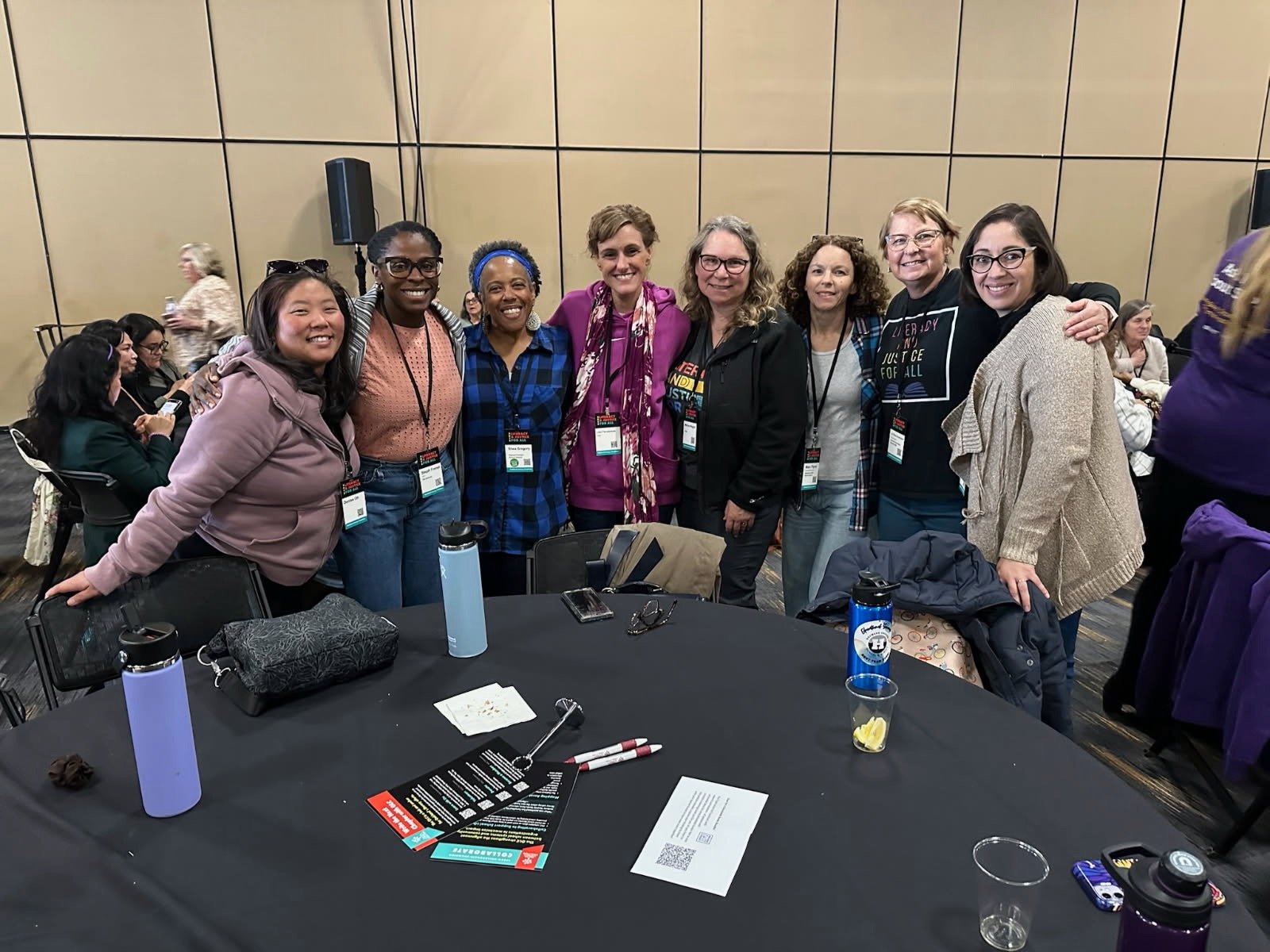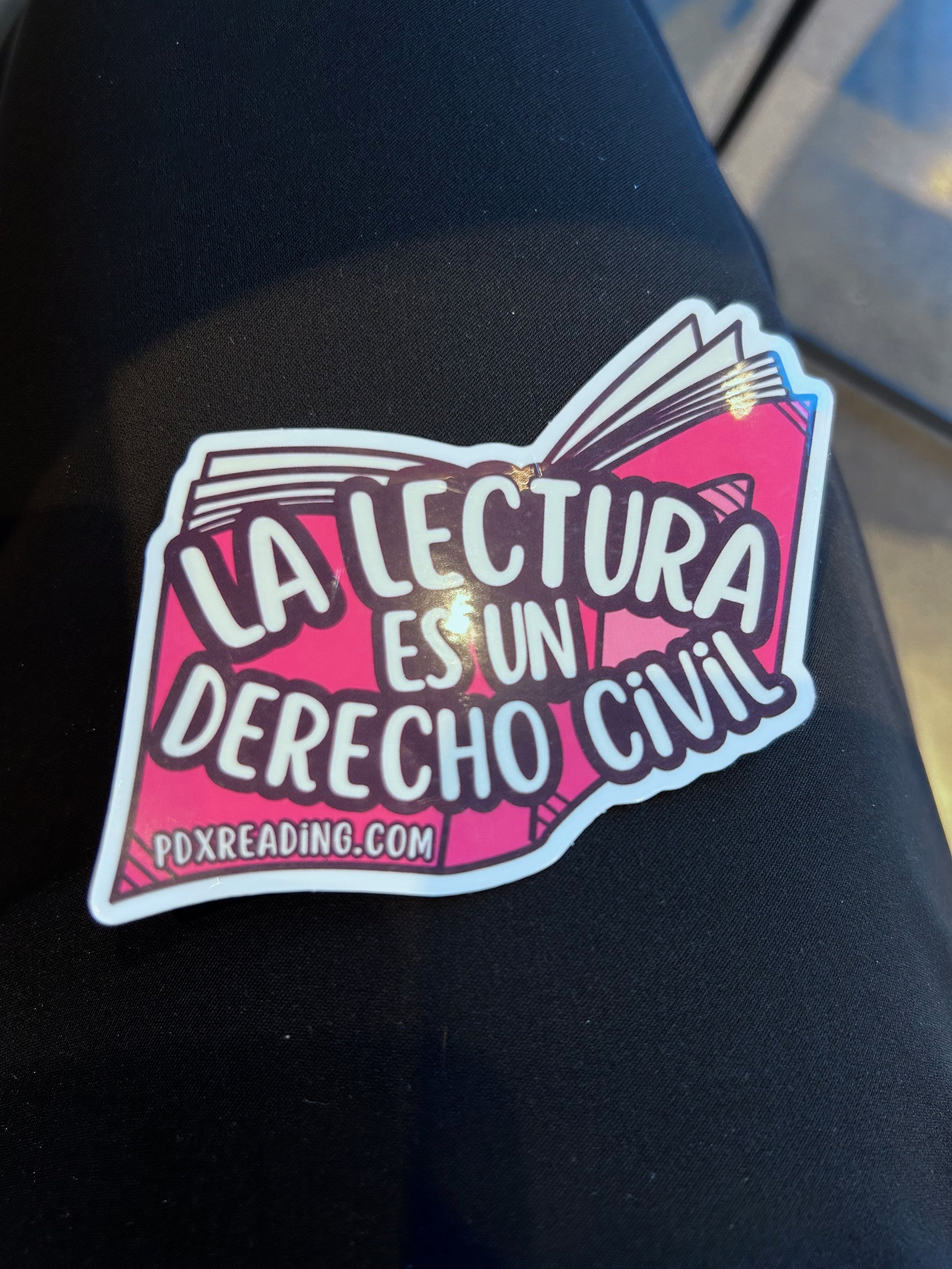La Lectura es un Derecho Civil:
Celebrating the Women Leading Literacy Instructional Improvement in Hayward Unified
In honor of Women’s History Month, we want to celebrate the literacy leaders in Hayward Unified, a team that has made a profound impact on literacy instruction—helping to shift mindsets, build systems, and ensure more students grades K-5 gain foundational reading skills.
When this team adopted a new curriculum aligned with the science of teaching reading a few years ago, they recognized that adopting this approach was a major shift that was right for kids. Therefore, they prioritized instructional support. This included providing professional development for teachers, staff, and leaders, while also embedding universal screeners, diagnostics, and progress monitoring tools to support both learning and implementation. Their work wasn’t just about building the knowledge of educators; they also built the systems necessary for sustainable change.
Additionally, they partnered with Fair Schools to deepen their understanding of culturally and linguistically responsive literacy instruction, ensuring that the right conditions, climate, and relationships were in place for student success, especially in a district with a student population that is roughly 66% Latinx, 7% Black, and 29% English Language Learner.
Their work with Fair Schools began in SY23-24, where they spent the first year understanding how culturally and linguistically responsive pedagogy connected to evidence-based literacy instruction. In the second year, we focused on coaching—supporting their team to understand how to help educators foster meaningful relationships with their students and center students’ assets, data, and actions to improve literacy instruction within their curriculum.
As Nell Duke’s research reminds us (below), literacy development goes beyond Scarborough’s Reading Rope, and successful reading includes helping students navigate their sociocultural context and deploy active self-regulation, skills we often see as connected to SEL only. This is why it is important to embed SEL into instruction because it can never be separate. The Hayward team embraced this holistic approach in their own development and how they supported educators.
The Hayward team also understood that creating a tiered system for literacy instructional support would be needed to accelerate learning. Therefore they provided support to not just teachers but also paraeducators, who often worked closely with the district’s most marginalized students. Fair Schools provided targeted professional development for paraeducators, ensuring they could embed culturally and linguistically responsive strategies into UFLI (a foundational skills curriculum created by the University of Florida Literacy Institute) without compromising the curriculum’s structure and intent.
We also provided on the ground support - doing site visits with the literacy team to co-observe teachers and paraeducators, building their capacity to identify the highest leverage next step to improve instruction. The results have been promising—many more Hayward students are not only learning to read, but they also enjoy their literacy small groups, fostering a love of reading.
We are incredibly proud of the collective effort to shift both mindsets and instructional practices. It has been an honor to work alongside this team!



